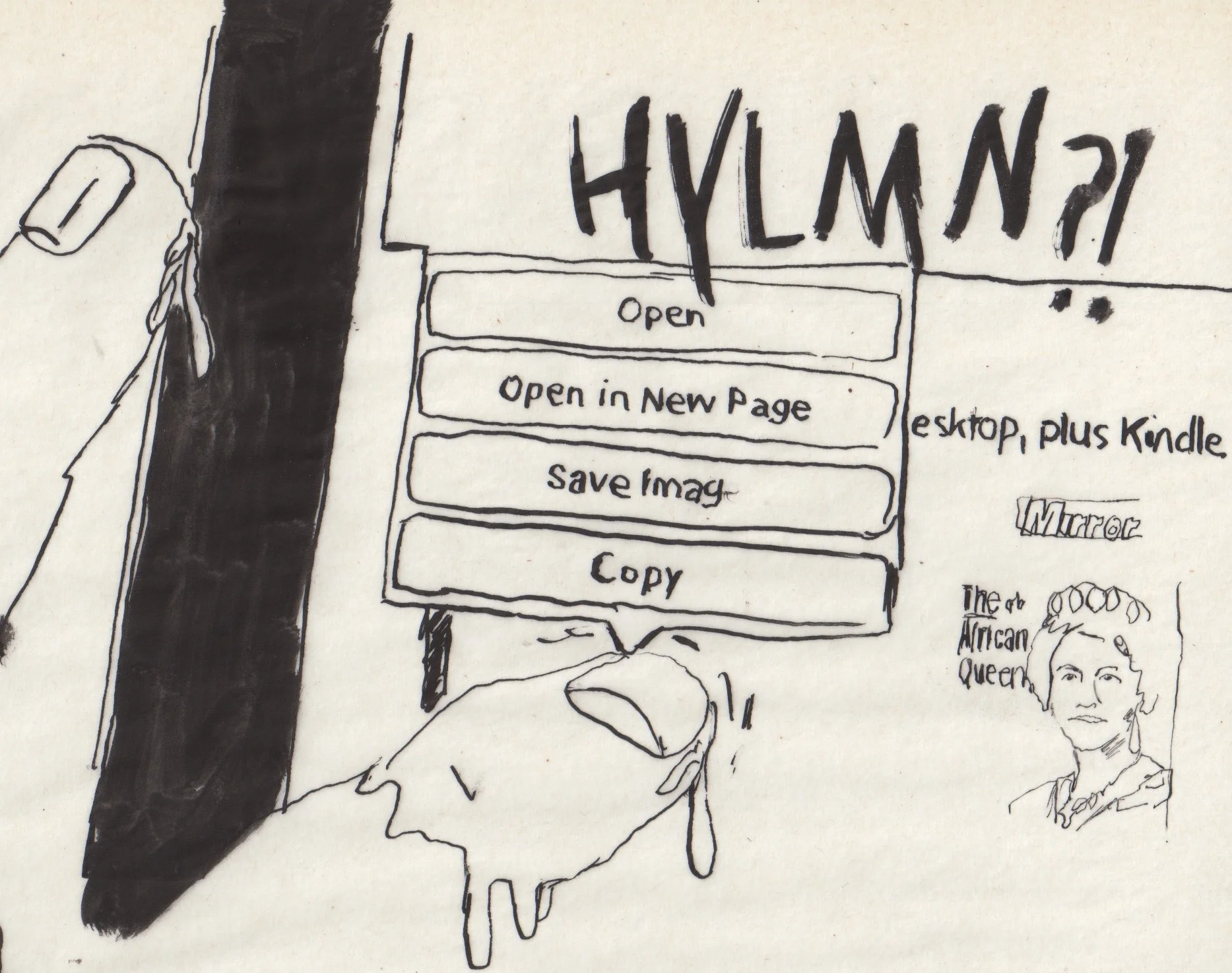Secret Journal of Gandhi Discovered; Outlines Political Movement to Follow Independence
New Delhi, India: Historians have discovered a long lost hidden journal of the great Mahatma Gandhi, leader of the Indian independence movement against their British colonizers, documenting detailed plans for his next political movement.
According to the journal, the "Quit India" campaign initiated by Gandhi demanding the British "quit" the jewel of their empire and end their colonial occupation, was to be followed by the "Quiet India" campaign, a political movement aimed at getting the rambunctious country to stop being so noisy, especially from 2 - 4 pm when many people are desperately trying to take an afternoon nap.
Excerpts from journal of Mahatma Gandhi:
February 10, 1945: Attempted to take much needed afternoon nap around 2 pm. Unsuccessful. A rooster crowed continually for one hour.
February 11, 1945: Once again, afternoon respite is elusive. Cacophonous and tasteless wedding procession passed by the ashram at 1:47 pm.
February 13, 1945>: Why do I continue on a pointless pursuit of peace in this godforsaken raucous country? Just moments before falling off into sleep, an explosion of noise burst through my window - a lorry drove off the road into a ditch, spilling its contents of brass urinal pots everywhere. Not only was I startled awake, but I also had to urinate.
February 16, 1945: Enough is enough! Something must be done about this oppressive noise pollution if we are to ever become a serious independent nation. How can we as a people be strong and productive if our efforts at rest are systematically stymied? Why are there so many god damned roosters everywhere?
March 23, 1945: Once we remove the British colonizers from our home we must set our sights on a new movement - to fight endless noise from colonizing our ears! Quit India must lead to Quiet India! I shall discuss this development with Nehru this evening.
Unfortunately, Gandhi was assassinated before his "Quiet India" political agenda could be realized. His political successor, Jawaharlal Nehru, did not continue to pursue this goal as he was 70% deaf in both ears.






